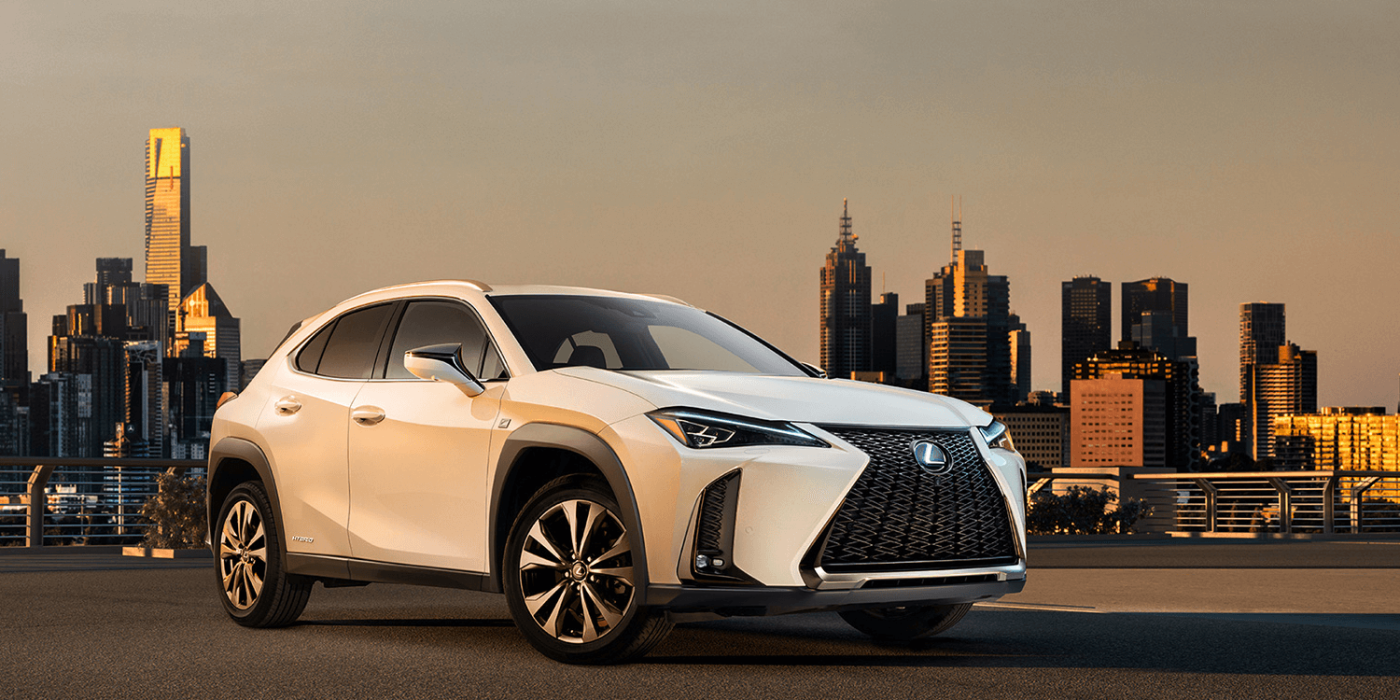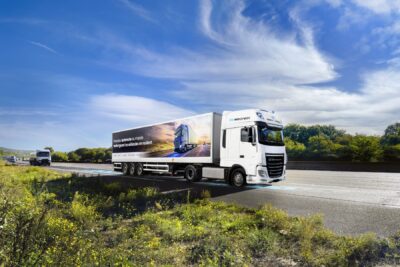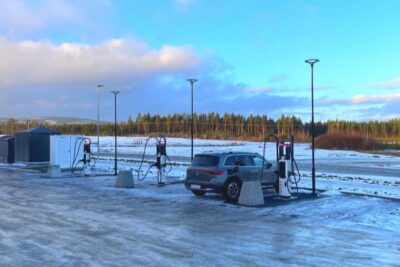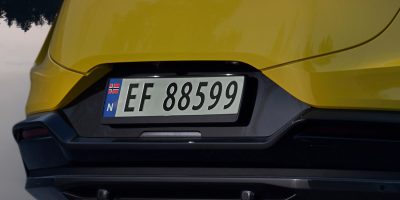Toyota & Lexus in trouble for misleading ads
Toyota and Lexus repeatedly advertise their hybrid models as “self-charging”. Norway has now decided that enough is enough and banned misleading car commercials in the Scandinavian nation.
The Norwegian Consumer Protection Agency officially banned these commercials, deeming it misleading to say “the hybrid battery is free of charge since the electricity produced by the car has a consumption of gasoline as a necessary condition”.
Lexus has a history of making misleading claims and “cannibalising” its own field. To promote its simple hybrid technology, Toyota’s premium brand has been seen singing its praise not over purely petrol-powered cars but wanted to set themselves above plug-in hybrid cars and electric vehicles as reported.
Toyota and Lexus are not the only carmakers trying to emphasise the electric part of a hybrid vehicle. In January 2019 the British Advertising Standards Authority (ASA) received complaints against a Mitsubishi television advert for misleading consumers by over-playing the electric aspect of its Outlander PHEV SUV. Although the ASA dismissed the claim, in their ruling they also said that they understood why the complaints were made – because of the repeated emphasis in the voice-over on the phrase: “it’s electric” implying that the vehicle was fully electric rather than a hybrid vehicle.
Additional reporting by Nora Manthey, London.





3 Comments